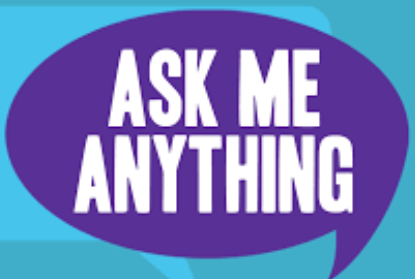

I have to admit: If you (semi-)regularly use floating point comparisons in programming, I don’t know why you would ever expect 0.1 + 0.2 == 0.3 to return true. It’s common practice to check abs(a - b) < tol, where tol is some small number, to the point that common unit-testing libraries have built-in methods like assertEqual(a, b, tol) specifically for checking whether floats are “equal”.





The point is exactly that they’re trying. Despite the parade being attacked, the democratically elected government, and the police as an institution are supporting them. That is the essence of working towards freedom of expression and progress: The fact that the people in the parade are permitted by the government to express themselves, and protected by the government when they do so, even if popular opinion may be against them.